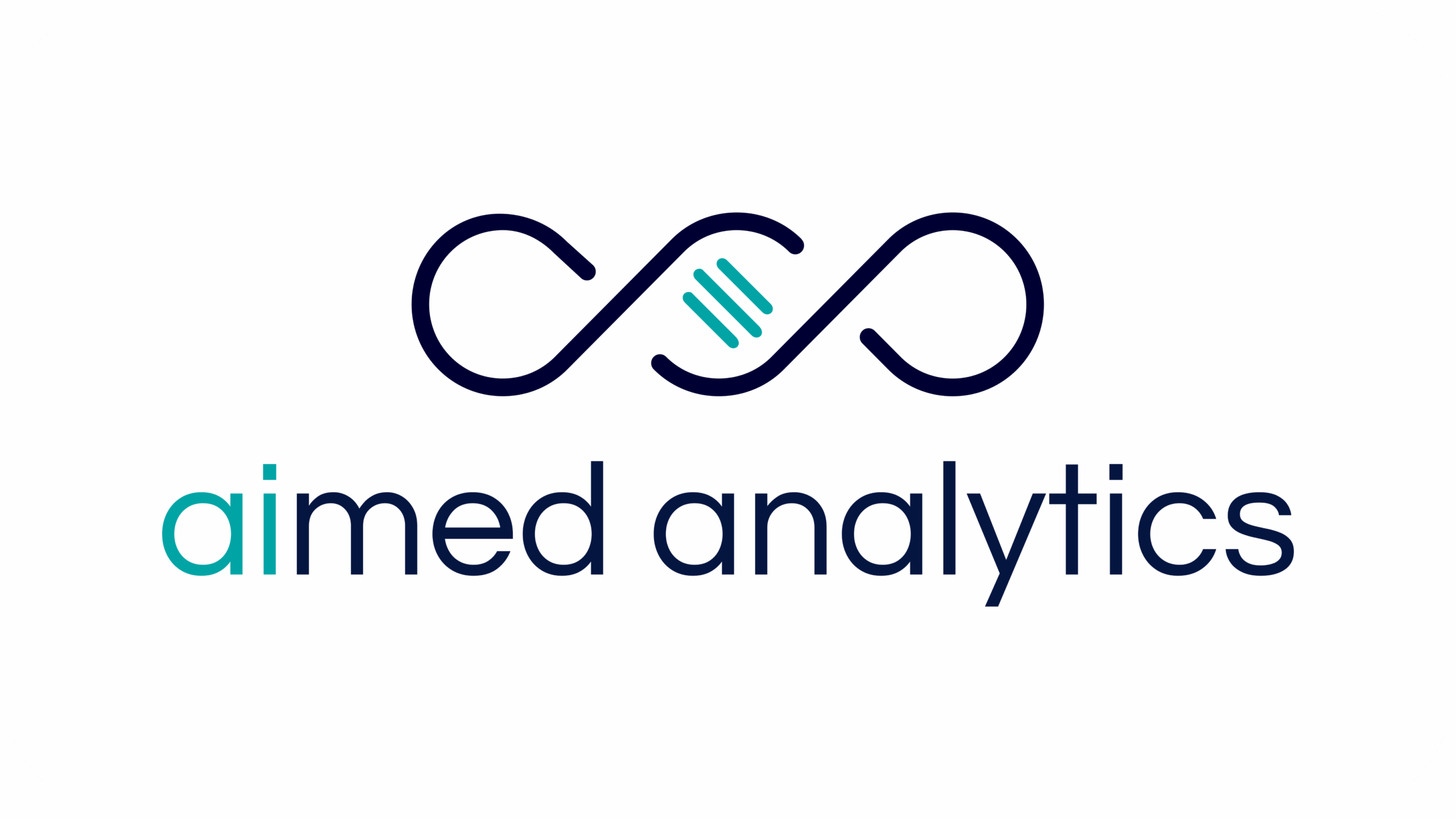Explainable artificial intelligence increases the accuracy and endurance of dermatologists in melanoma diagnosis

Scientists at the German Cancer Research Center (DKFZ) have shown in an international eye-tracking study that dermatologists not only improve their diagnostic accuracy by using explainable artificial intelligence, but also show significantly less fatigue when assessing challenging cases. The researchers were able to demonstrate this by measuring a reduction in cognitive stress indicators.

(C) private
In a two-phase study, 76 dermatologists each assessed 16 images (melanomas and benign moles, known as nevi) taken with a dermatoscope, an illuminated magnifying glass, first using standard AI and then with an explainable AI solution. Explainable AI, or XAI for short, combines AI predictions with textual and image-based explanations based on established dermatoscopic features. Eye-tracking measurements were used to record how long and how intensively the participants looked at certain image regions and explanations.
Eye tracking as an objectification method
Analysis of gaze patterns showed that difficult cases were associated with an increased number of fixations – an objective indicator of cognitive effort. In the XAI phase, this effort decreased in challenging cases compared to standard AI, indicating a relieving effect of the explanations provided.
“Our results show that explainable AI not only increases diagnostic confidence, but can also support endurance in difficult cases in clinical practice,” explains Titus J. Brinker, senior author of the current study. “Especially with a high caseload and complex lesions, explainable artificial intelligence can help prevent fatigue and thus minimize potential sources of error.”
Follow-up studies are planned to investigate the long-term impact on workload and diagnostic quality in real-world clinical settings.
Chanda, T., Haggenmueller, S., Bucher, TC. et al. Dermatologist-like explainable AI enhances melanoma diagnosis accuracy: eye-tracking study.
Nature Communications, 2025, https://doi.org/10.1038/s41467-025-59532-5




